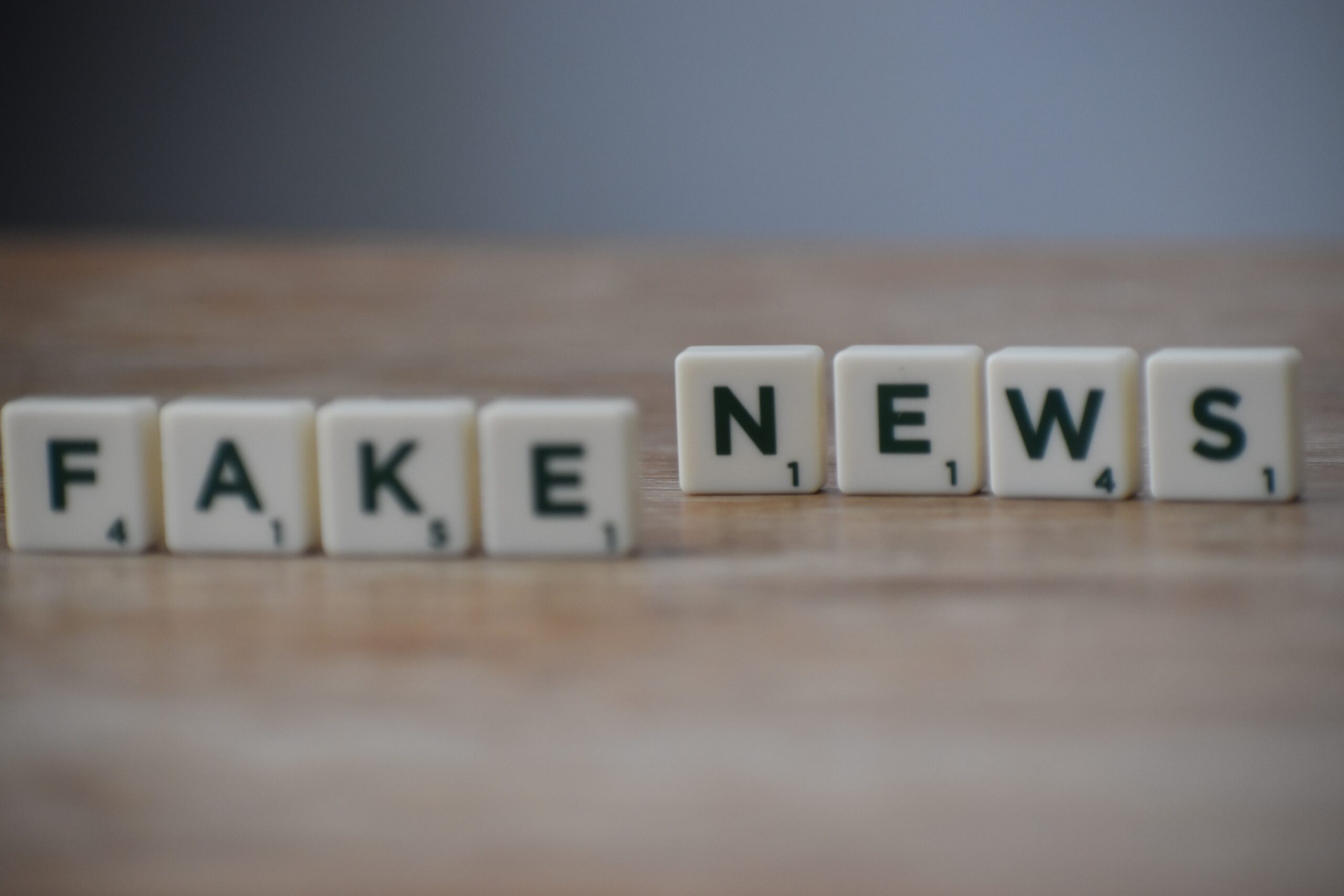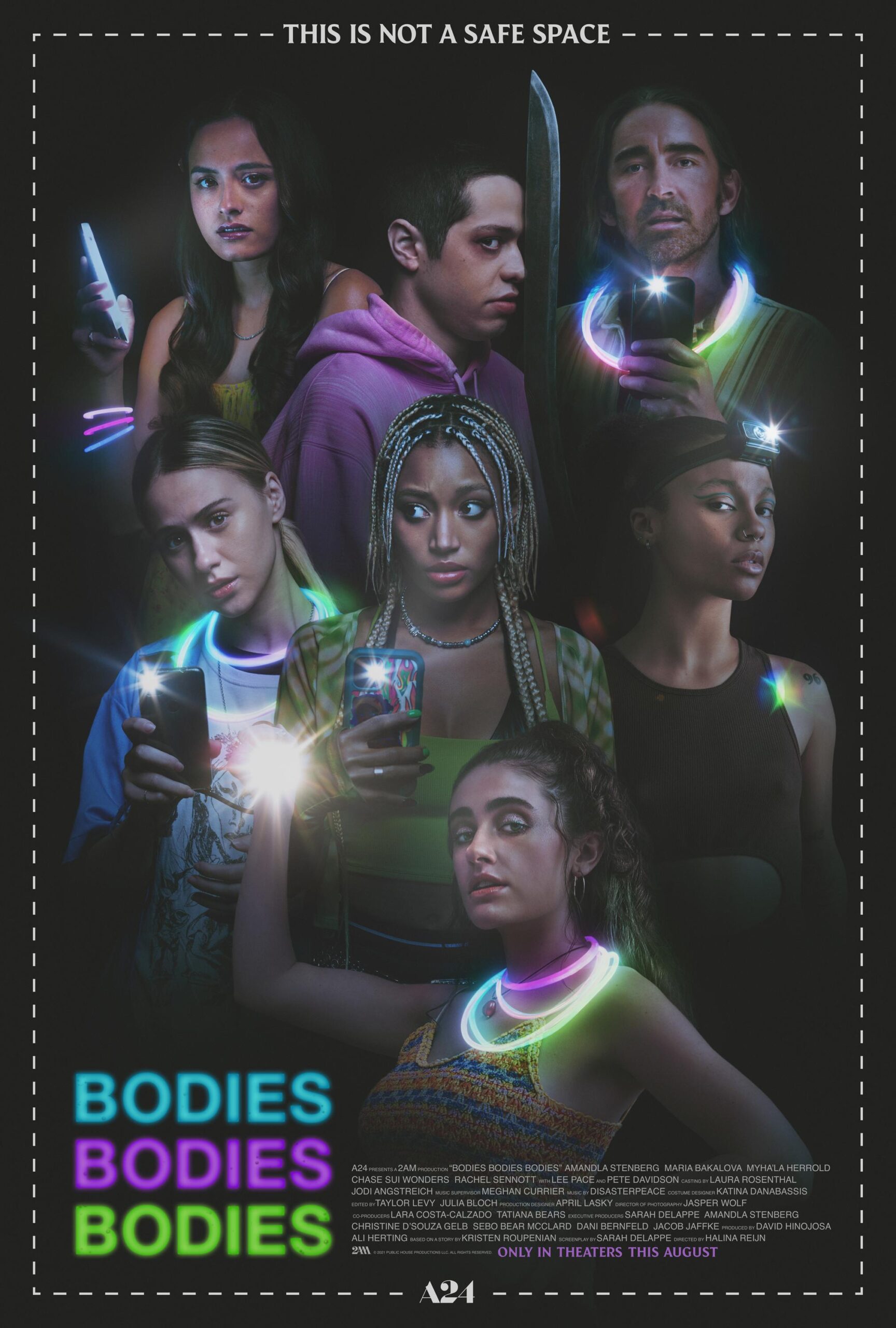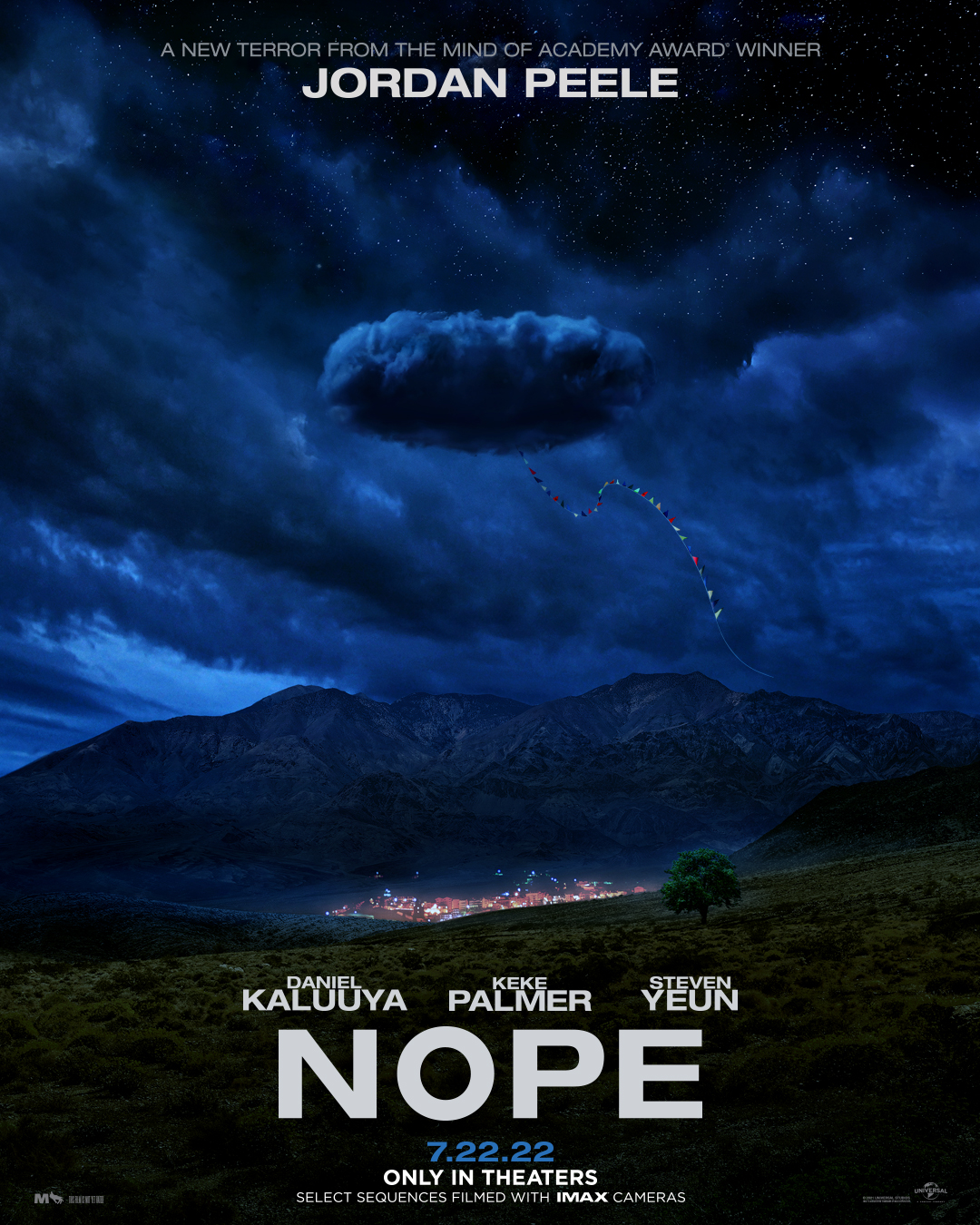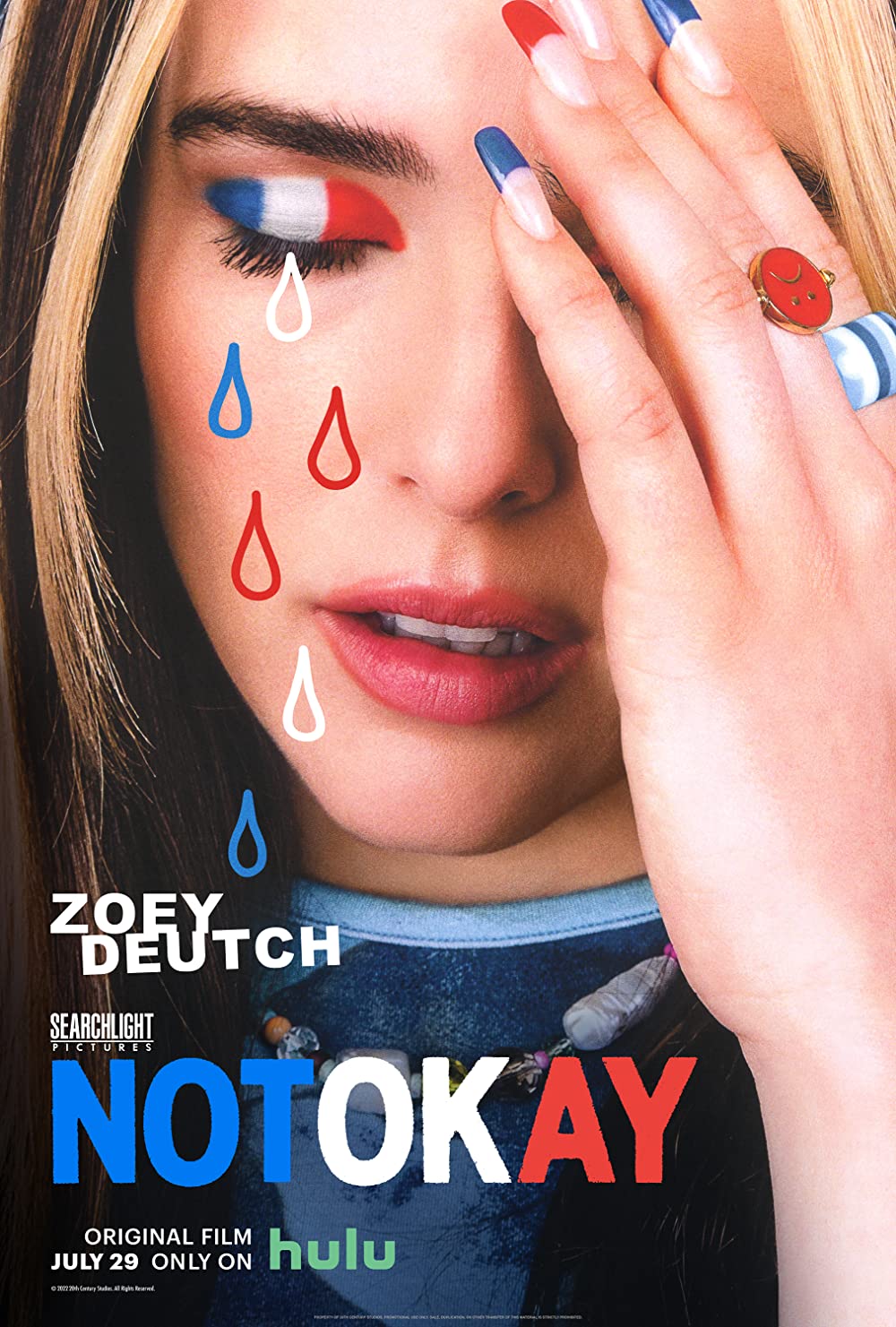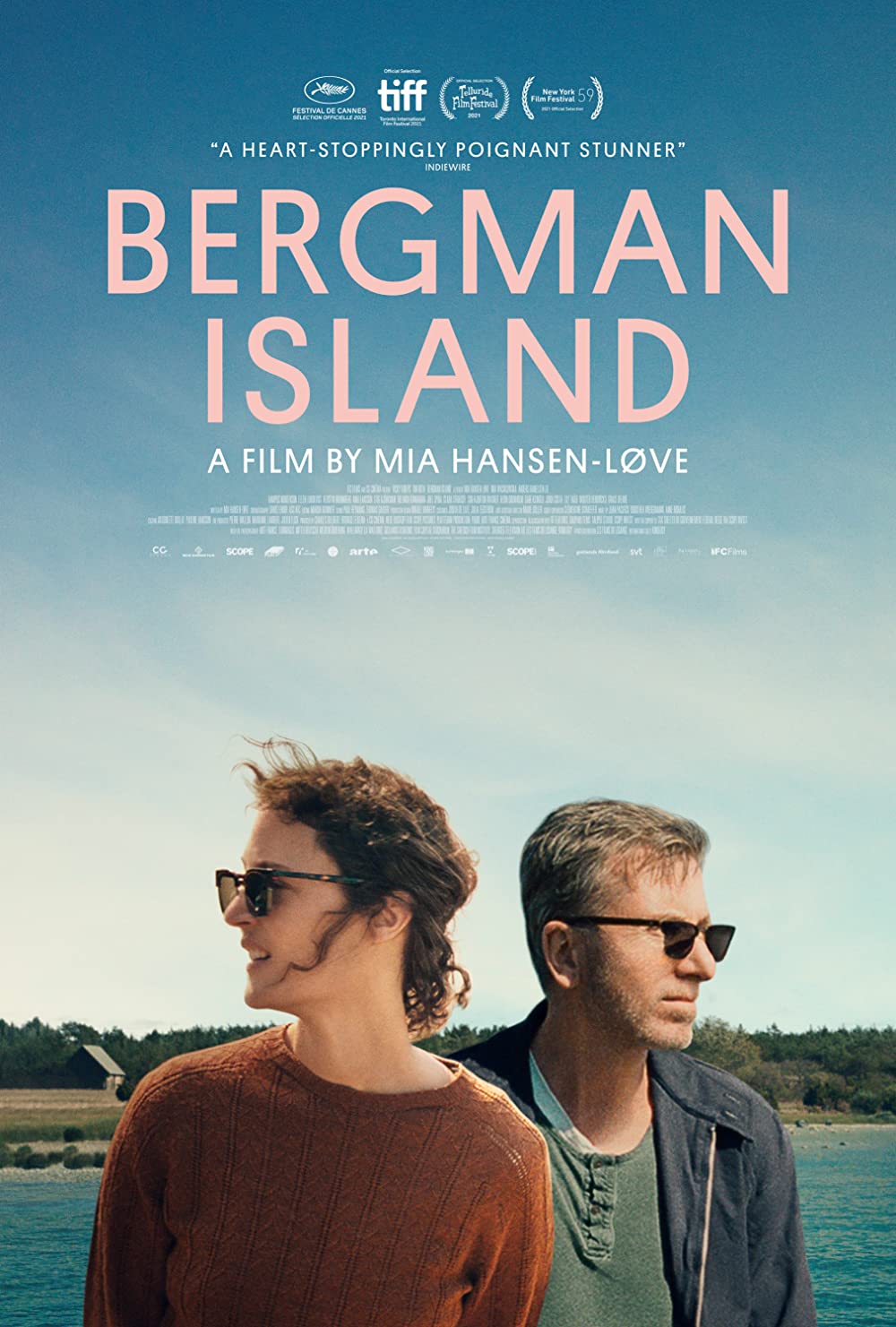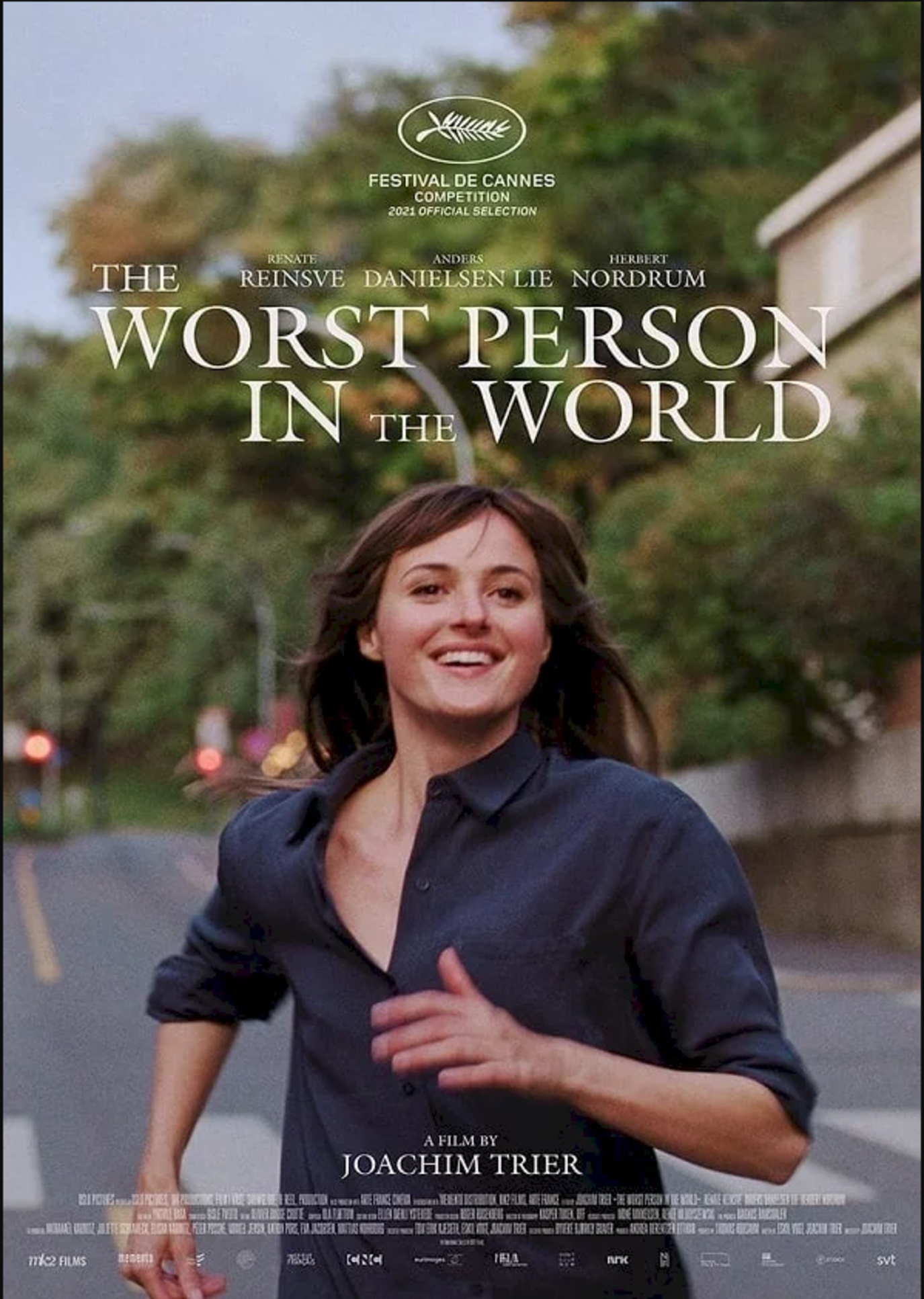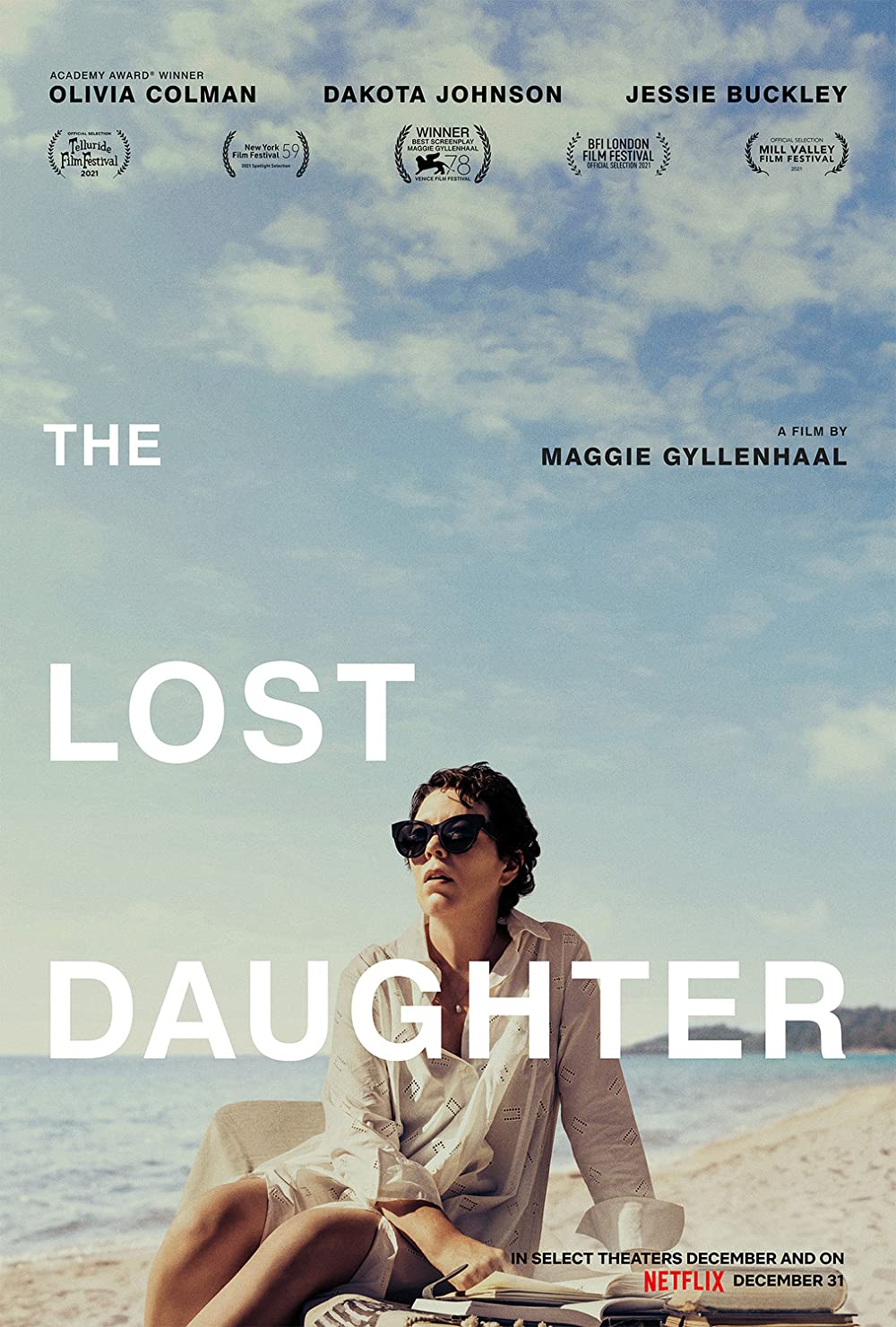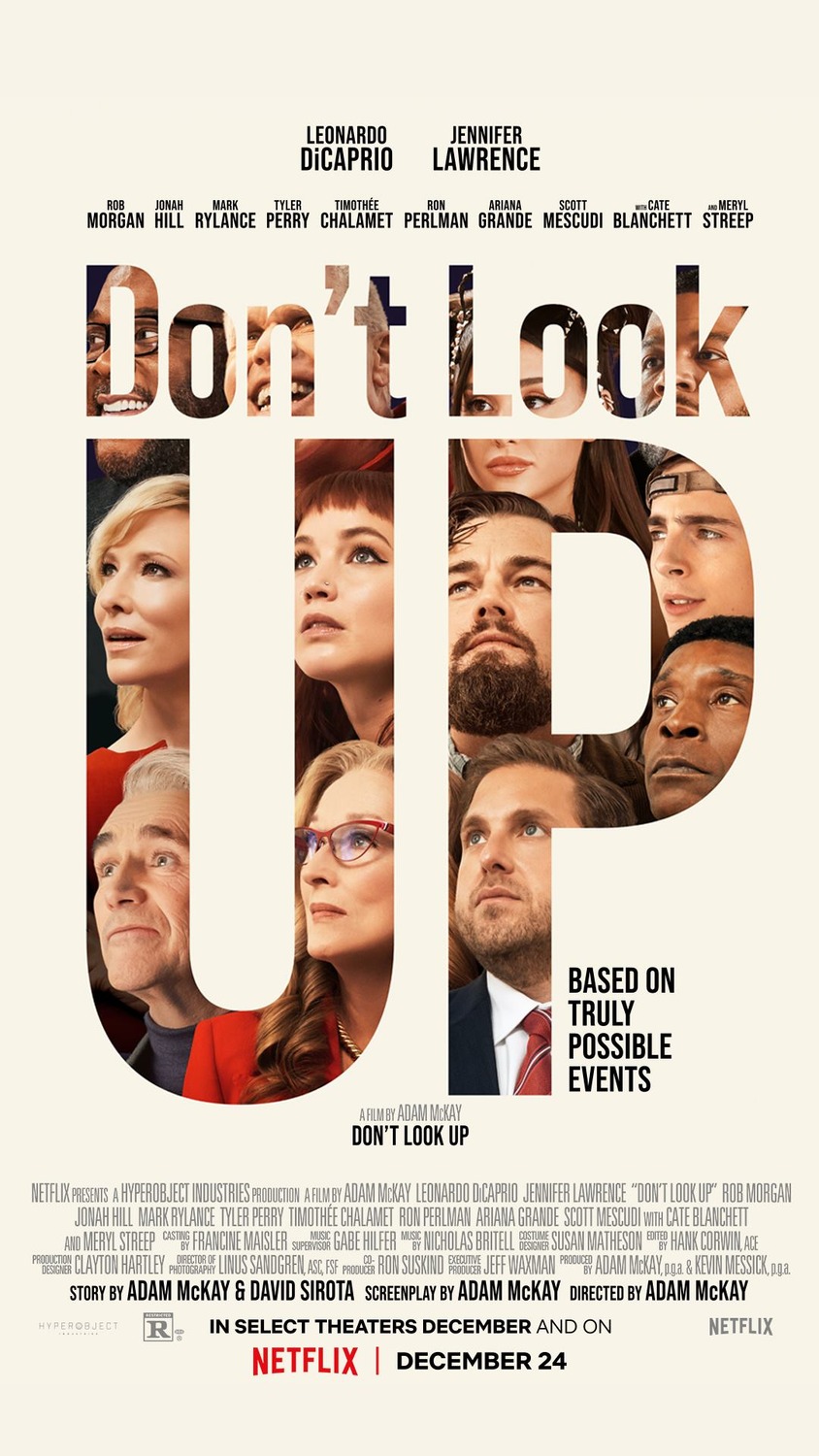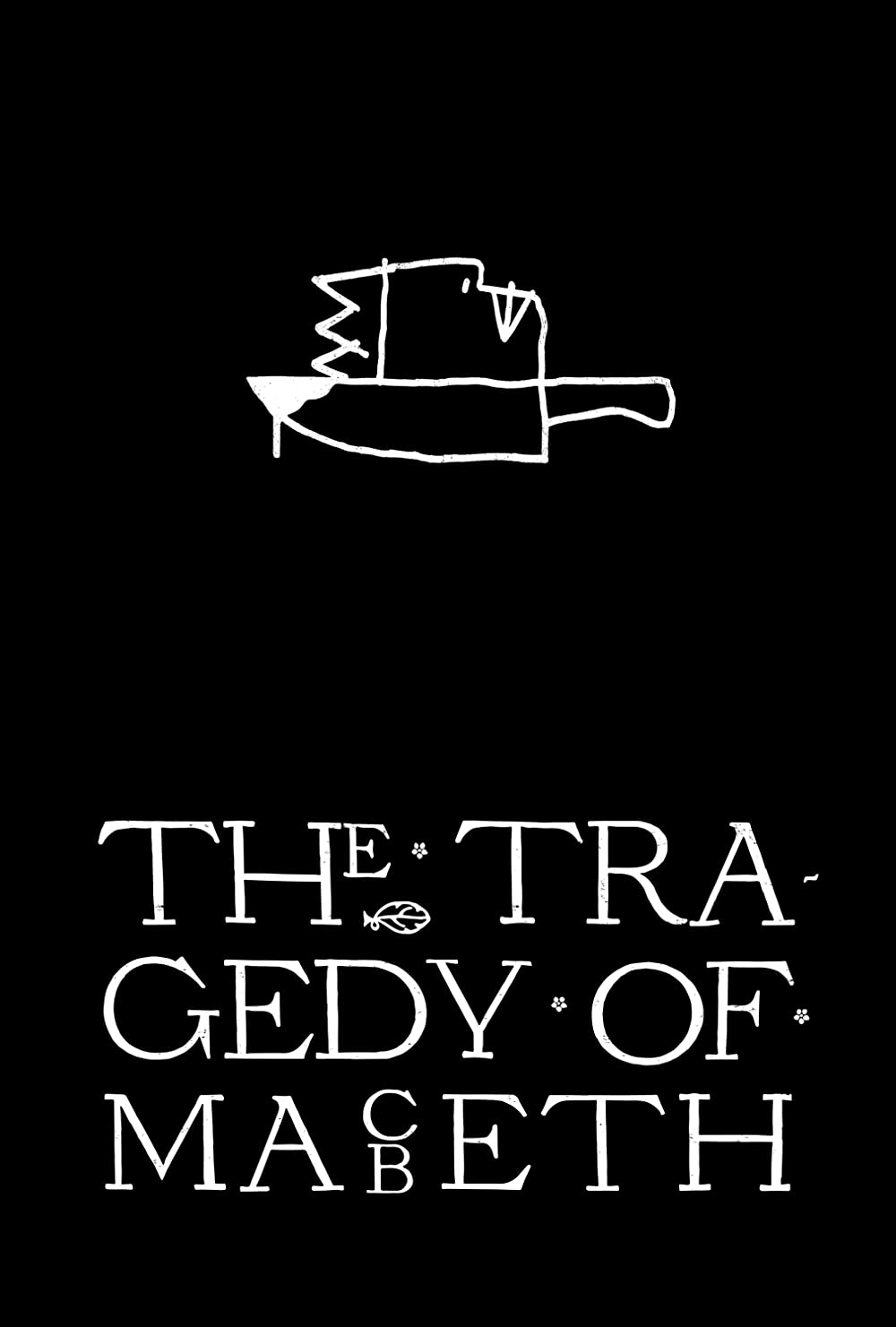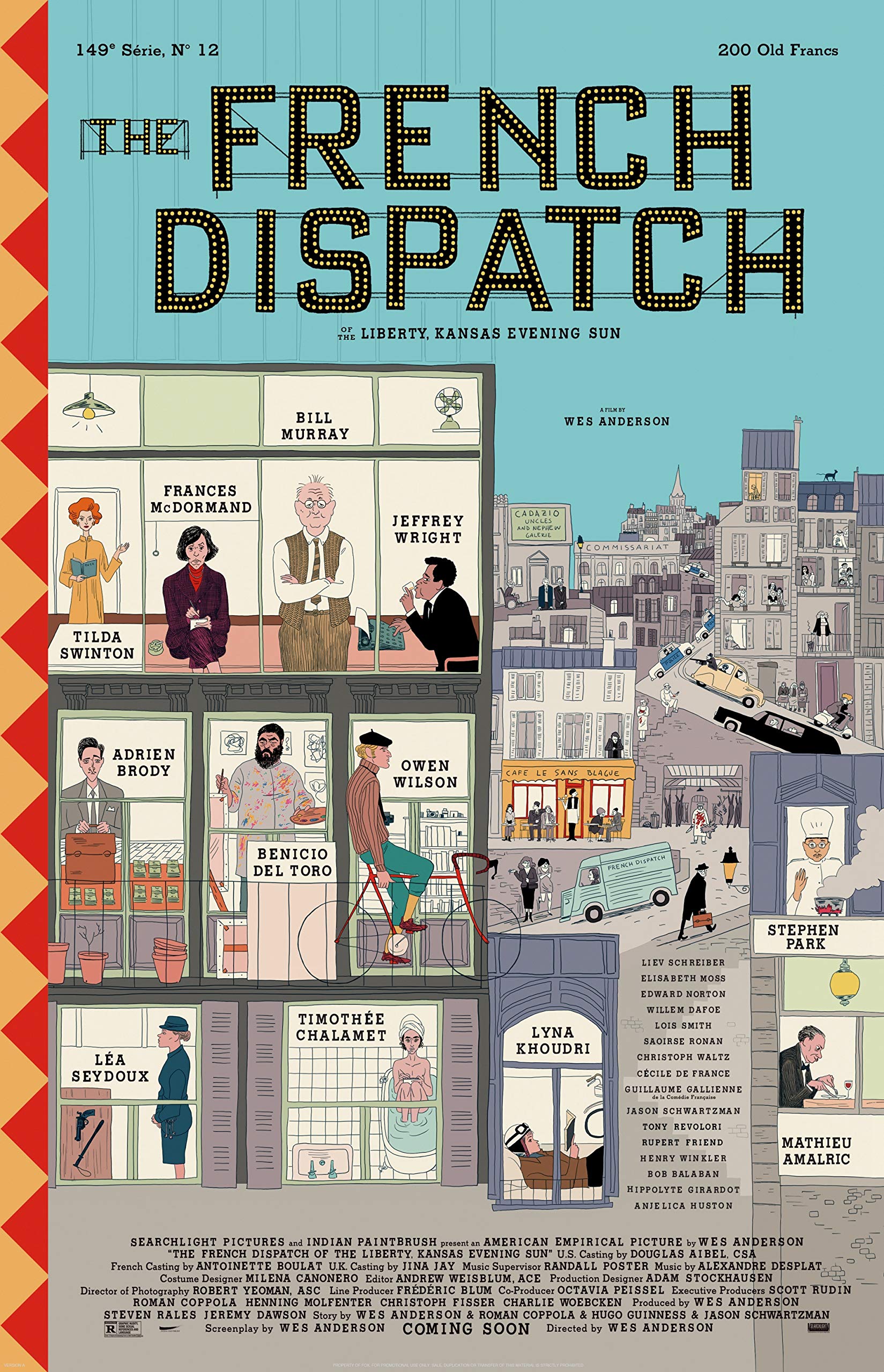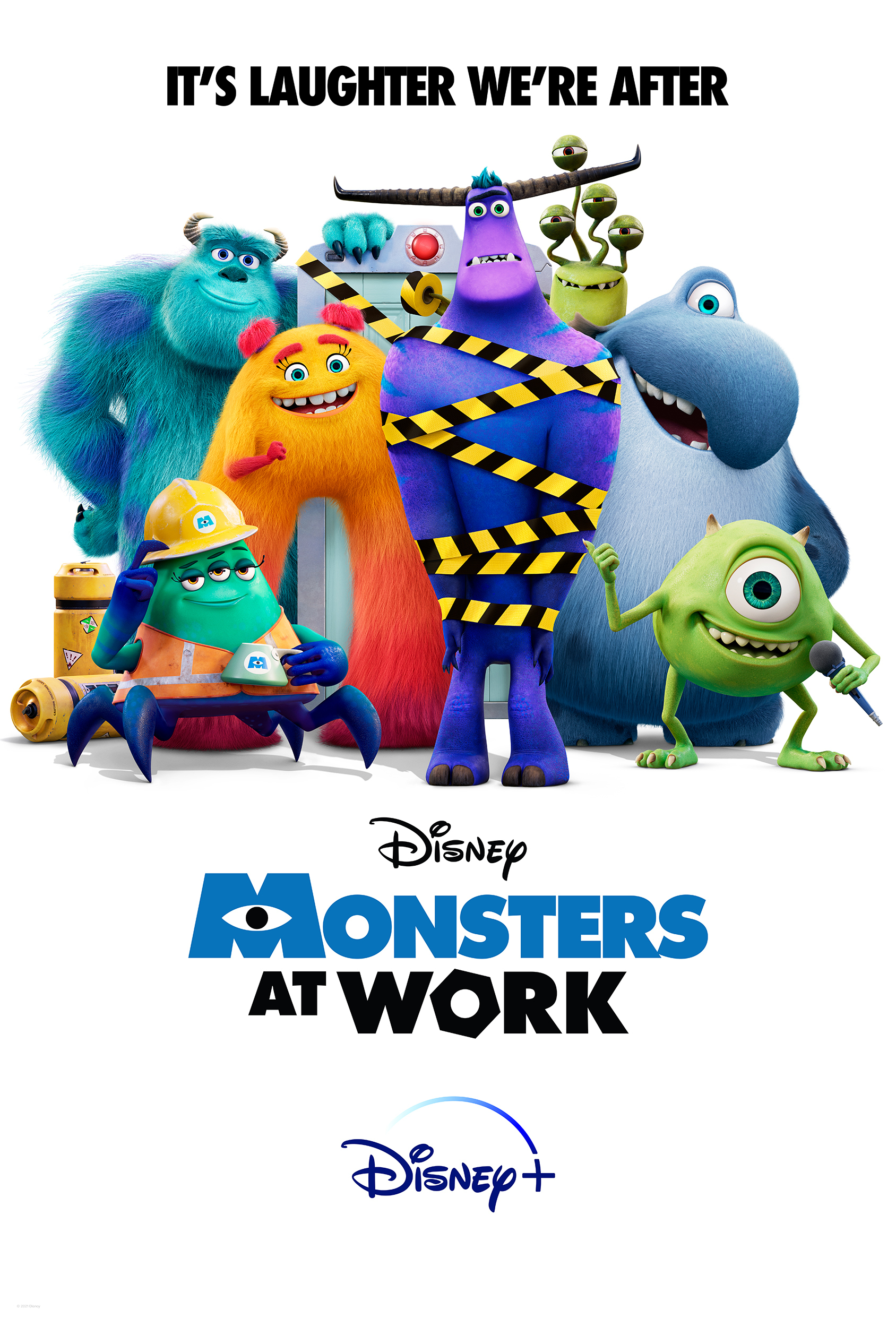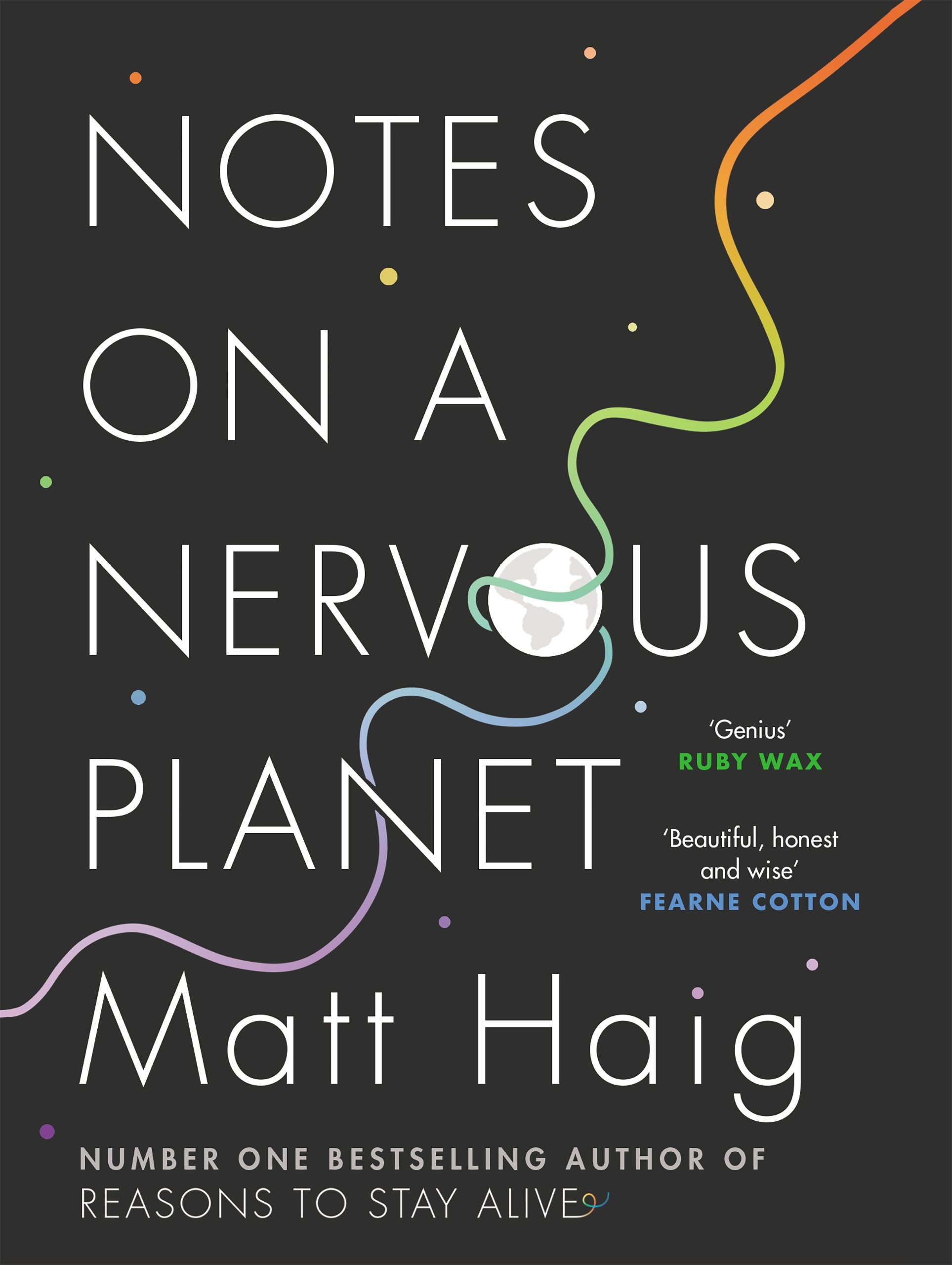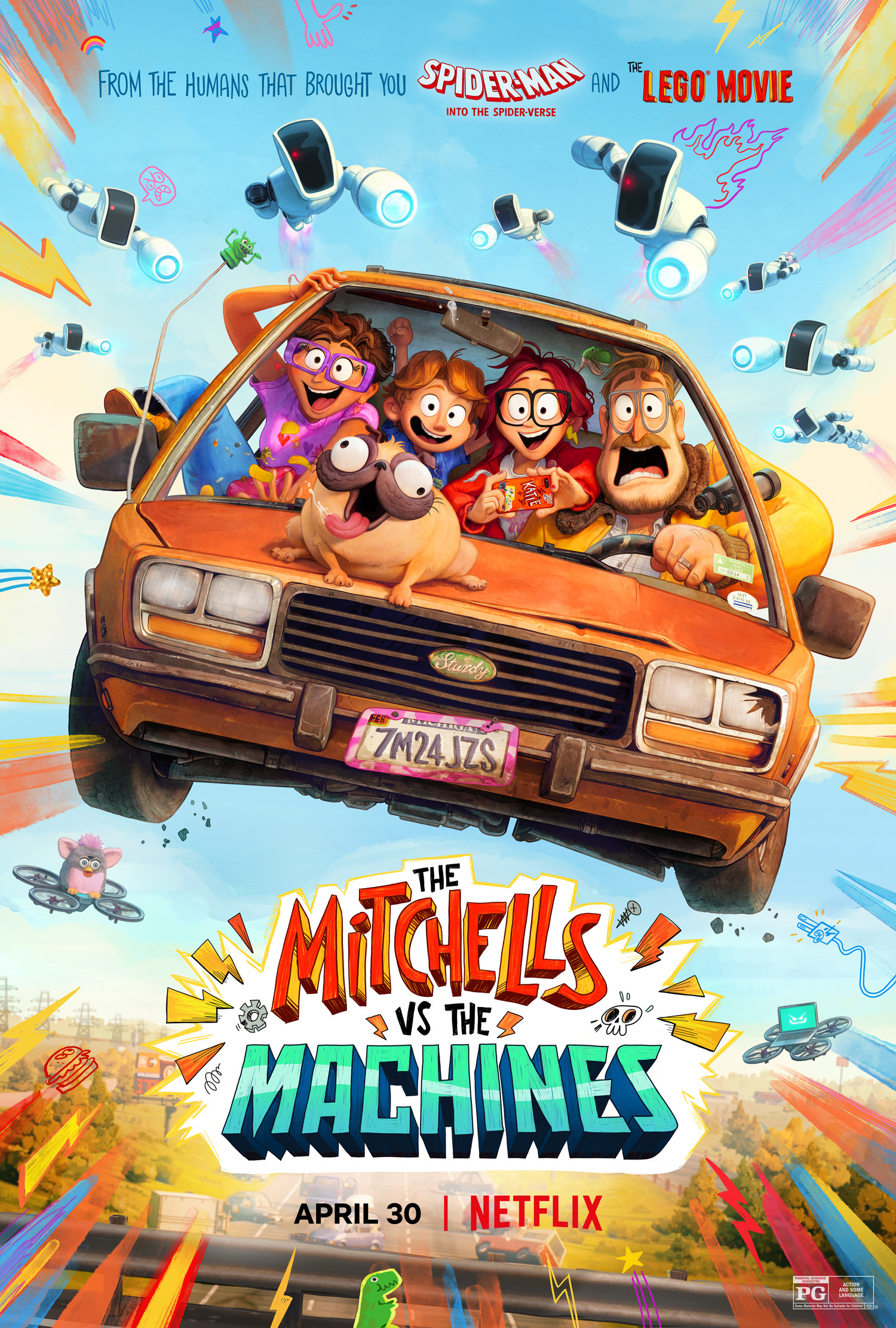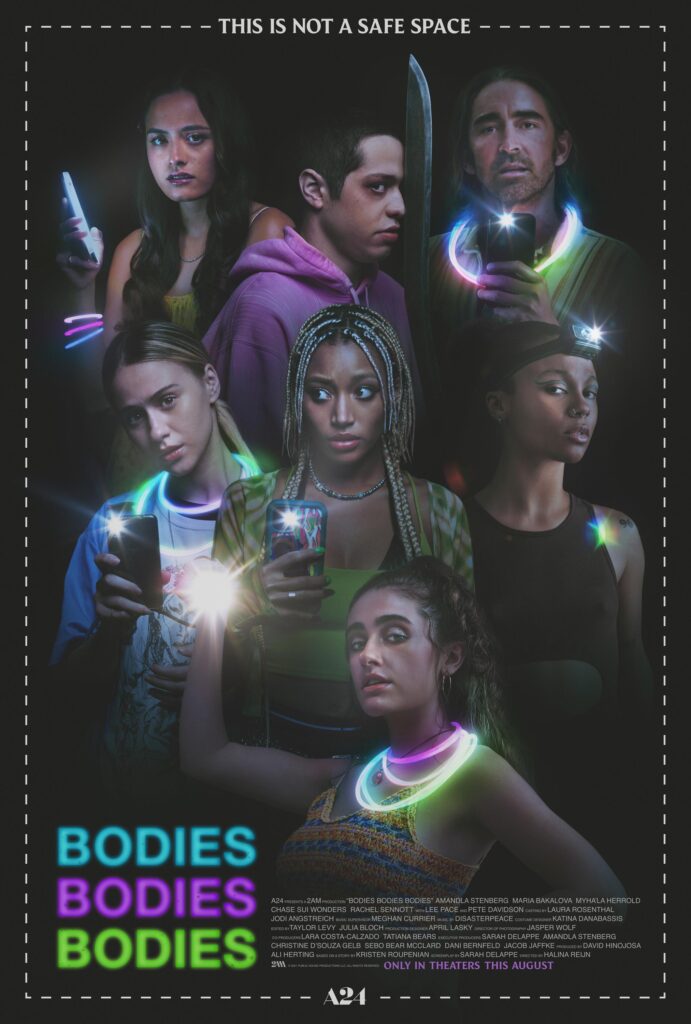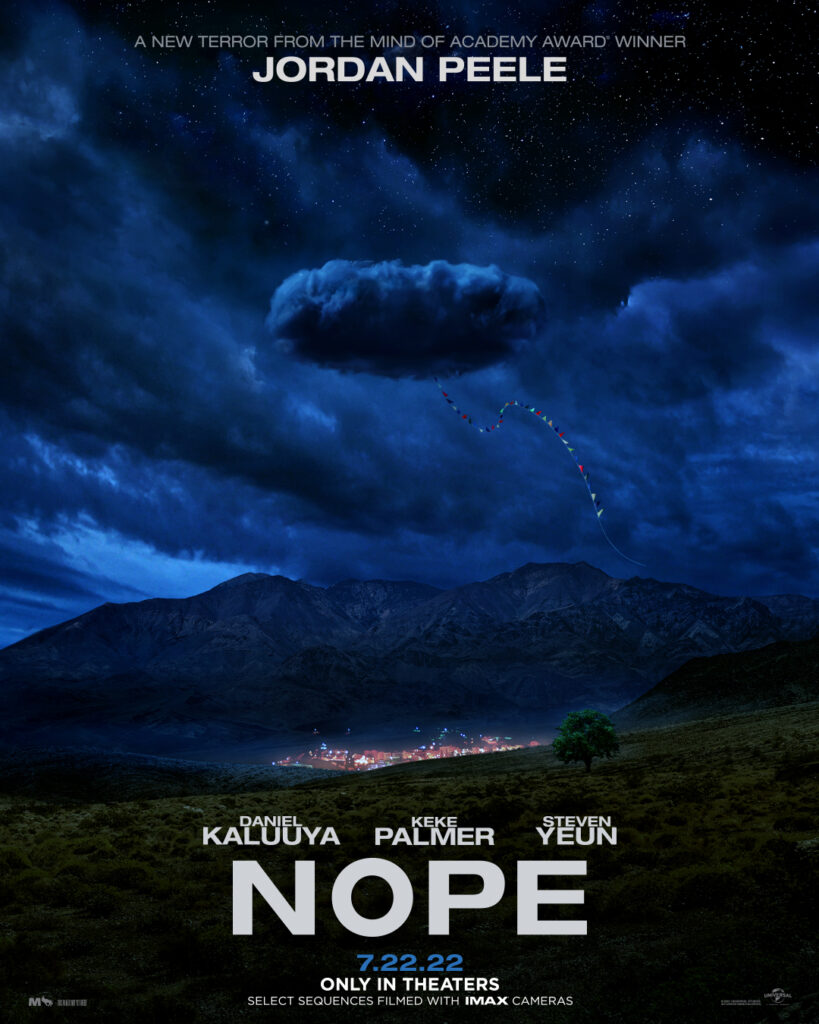The pandemic brought the world to a halt, allowing for focus on important issues such as the Black Lives Matter movement and the ever-developing situation surrounding the coronavirus. Locked inside, much of the world’s attention turned to screens for information on how the pandemic was evolving, and in particular, how the science was progressing. Since this was, and is, such a hot topic, it’s no surprise that there was an overwhelming flood of information regarding coronavirus, but the danger is that some of the information is completely fake – and much like the virus, it’s prone to spreading easily.
It’s no secret that in recent years there has been a rising problem with fake news – look at any election in recent memory and there will be some scandal attached to it based on flimsy or non-existent evidence. The landscape of journalism is changing as well, with less people getting their information from traditional media. A study by Ofcom in August this year found that 45 per cent of British adults use social media as their primary source for news, with Facebook ranked the third most used news source overall, behind BBC One and ITV.
Initially this might not seem like an issue; after all social media is designed for easy distribution of information. Yet that is also where the problem lies. Social media is designed to give everyone an equal platform to express their thoughts, but often these are not based in fact, and are published without sources. A 2018 study by MIT discovered that false news travels six times as fast as true news stories, and when it came to Twitter, a false news story was 70 per cent more likely to be retweeted. These results were in relation to political news stories, but with the science behind the coronavirus becoming such an integral part of our lives, and the unfortunate politicised nature of the virus, similar trends can be expected. It is becoming unbearably easy to be misinformed.
The overwhelming surge of false news has been dubbed an “infodemic” by the World Health Organisation, who are concerned with the repercussions that false information can have on people, especially when the news itself will have a direct impact on health and wellbeing. As this is a global crisis and there are still so many unanswered questions, COVID-19 has become a topic which people can easily exploit with false claims.
The study identified over 100 false narratives about COVID-19 that were prolific on Twitter.
There is an important distinction that must be made, though. Non-factual information is spread in two forms: misinformation and disinformation. So what is the crucial distinction between these words? Intent.
Misinformation is false information that is spread without the intentto misinform people, for example, well intentioned individuals spreading information that they believe to be true, but is false. This is common in political discussions. Politicians or their followers spread exaggerated or baseless information regarding their opponents yet the people reposting these posts are typically unaware that they are spreading false information.
Disinformation on the other hand is false information that is spread with the intent to mislead or manipulate people. Often disinformation is used for malicious reasons, such as bringing chaos to public order, or propaganda to manipulate perceptions of certain people or countries.
Research conducted by the Carnegie Mellon University in May found that 45 per cent of tweets made concerning the pandemic were thought to have been posted by bots. The culprits behind the bot accounts are unknown, but researchers concluded that the tweets aimed to create a divide in the US. The study identified over 100 false narratives about COVID-19 that were prolific on Twitter. Now this is where the intersection between misinformation and disinformation can be found. Often the initial creation of fake news is deliberate to support a specific person or group’s agenda – this is disinformation. Once that information has permeated the media, people spread it, believing it to be factually correct – this is misinformation.
Social media channels are still not fully equipped to deal with the onslaught of mass fake science.
Unfortunately, the seemingly simple task of knowing if something is real or not is becoming increasingly difficult. In the 2020 Digital News Report, it was found that 56 per cent of the sample forty countries expressed concern over being able to distinguish between what is real and what is fake on the internet, and in the UK there is a massive 63 per cent of people who hold this belief. Previously, fake news was contained largely to matters of public opinion, such as politics, but the danger now is the prevalence of false science, which could have a damaging impact on public health.
In the same report, 67 per cent of people believed they had seen false information regarding coronavirus on social media and 37 per cent reported a high level of it. A positive take-home here is that a good proportion of people are aware that some of the things they read or see aren’t always factually correct. Unfortunately, the study is fundamentally flawed for measuring the amount of fake news in our media, as there will likely be participants who have been exposed to false information but were unaware that it was false, and so did not report it.
With this uptick in the spread of fake news, social media sites have tried to take action. A prominent example was the video of Brazil’s President Jair Bolsonaro advising the use of chloroquine, an antimalarial, to treat coronavirus. Thereafter, multiple other claims were made in favour of the drug and major social media sites battled to take them down. President Trump was among those who voiced support for the drug, on March 20th during a press briefing. Three days later, a man died after taking a substance he believed to be chloroquine, and his wife, who also took the substance, was hospitalised. Social media sites have always struggled to moderate content, but the pandemic has brought a sense of urgency to the matter as it can clearly have devastating effects.
Theoretically, in the case of chloroquine, it should have been somewhat easy as doctors actively advised people not to take the drug, thus making it clear that people claiming otherwise were spreading disinformation. However, because the false information was coming from some of the world’s most powerful people, it is easy to see why some people would believe it – especially if certain politically-biased news outlets are their primary source of information.
An extremely powerful and relevant issue right now is the spread of anti-mask propaganda. Despite numerous credible sources and scientists declaring the effectiveness of masks, there are still some who either refuse to believe, or ignore the science behind face masks. Some claim confusion surrounding government messaging, or simply do not like wearing them, but the primary issue is the spreading of anti-mask doctrine through social media as an act of defiance, or a political stance.
When so many in the world are dying because of a deadly disease, we should all be working together to protect each other from the virus – and this includes responsible reporting. Through the power of the internet, anybody and everybody can spread opinions veiled as scientific fact. Social media channels are still not fully equipped to deal with the onslaught of mass fake science, so it is up to the users to help police this. Check your facts, report false information, and leave it to the experts to draw conclusions.
The public might be aware of the infodemic, but it isn’t always easy to identify what is right and wrong. We must therefore be proactive in how we consume science, by choosing wisely where we find our information and always seeking confirmation from a second source, because going forward it will become ever harder to distinguish between science fiction and science fact.
Published by EUSci, written by me and edited by Ailie McWhinnie.
My thoughts… I personally think the infodemic is a concurrent global crisis that people are not talking about enough. The repercussions of the prevalence of fake science in our media could have devastating effects on world health going forward if it is not rectified. We must at least make an attempt to stop false information spreading. Unfortunately, whether we like it or not I think that, due to the virus, science is becoming deeply politicised, so I would love to see people trying to fix the perception of science as being a debatable topic to complement the agendas of politicians, to giving scientists themselves a louder and more credited voice in the media.

